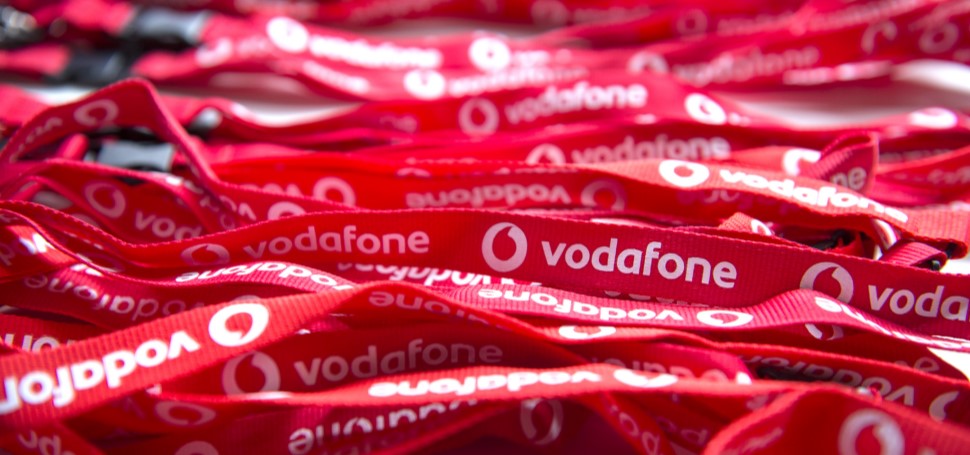Vodafone: Partnerships like AT&T and ARM will drive IoT success
Vodafone IoT platform boosted by new partnerships

Amid the hype and blanket coverage of 5G at MWC 2019, it’s easy to forget that there are myriad of other subjects at the show.
Over the past decade, the makeup of the exhibitors has expanded to include industrial giants, car manufacturers and other companies that on the face of it have nothing to do with mobile technology.
Although 5G has plenty of promise for connected cars and Industry 4.0 applications, it is the Internet of Things (IoT) that has brought them here.
- Everything you need to know about IoT
- What is 5G? Find out more in our hub
- Here are the best Vodafone mobile deals for February 2019
- See the best cell phone plans available right now
Vodafone IoT
And as one of the leading IoT platform owners (it regards Cisco and Ericsson as the two others), Vodafone is keen to start new conversations and build on existing relationships at the show, seeing it as essential for building the partnerships that are necessary to succeed.
“MWC has a number of key advantages,” Phil Skipper, head of business development at Vodafone IoT told TechRadar Pro. “It enables us to speak to people who are at the same place and it’s a really good showcase to deliver the business outcomes we can deliver. “It [also] gives us a view around what’s actually happening in the market.
“You can grow [an IoT business] organically, inorganically or you can drive growth through partnerships. What you now see is structural partnering. We’ve gone from partnering from anyone to partnering with [leaders] in the game.
“The barriers to entry are lower than they’ve ever been before but the barriers to success are increasingly high. You see lots of companies coming in with good ideas, but you need scale. You need scale and market specialism.”
Are you a pro? Subscribe to our newsletter
Sign up to the TechRadar Pro newsletter to get all the top news, opinion, features and guidance your business needs to succeed!
5G possibilities
At MWC, Vodafone Business has announced two major partnerships with ARM and AT&T. The Arm partnership aims to make it cheaper and simpler to create IoT products by combining Vodafone’s connectivity expertise with ARM’s IoT software and services.
ARM’s chip designs are integrated with embedded SIMs enabling customers to securely deploy and manage massive numbers of IoT devices using either NarrowBand-IoT (NB-IoT) or LTE-M.
Meanwhile, the AT&T partnership ensures Vodafone’s automotive customers gain access to networks in North America. Skipper says the decision to partner with another telco is evidence of this new era of partnerships.
“We’ve worked closely with AT&T before,” he explains. “The [automotive] OEMs want a consistent service across multiple geographies as they want the service to be the same no matter where they are.
“It’s not an exclusive relationship. Since we’ve worked closely together on other automotive projects – we do Europe and they do US – it makes sense to harmonise those services. We have a history of working with them. It was a simple marriage.”
“If you don’t win something, everyone loses. This alliance model is how things are changing.”
- MWC (Mobile World Congress) is the world's largest showcase for the mobile industry, stuffed full of the newest phones, tablets, wearables and more. TechRadar is reporting live from Barcelona all week to bring you the very latest from the show floor. Head to our dedicated MWC 2019 hub to see all the new releases, along with TechRadar's world-class analysis and buying advice about your next phone.
Steve McCaskill is TechRadar Pro's resident mobile industry expert, covering all aspects of the UK and global news, from operators to service providers and everything in between. He is a former editor of Silicon UK and journalist with over a decade's experience in the technology industry, writing about technology, in particular, telecoms, mobile and sports tech, sports, video games and media.